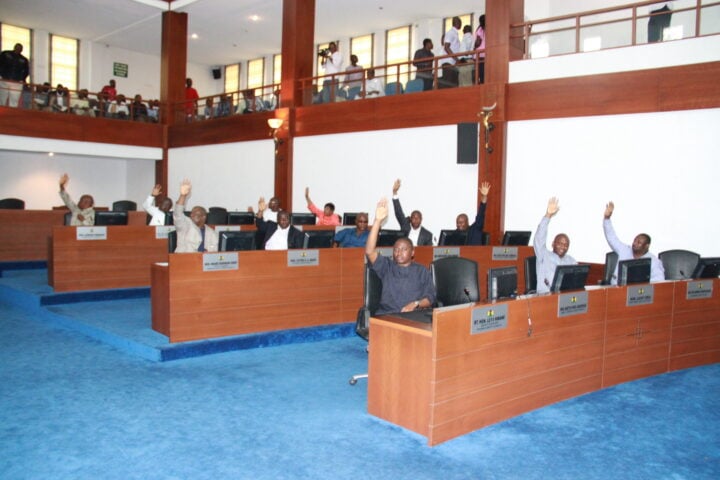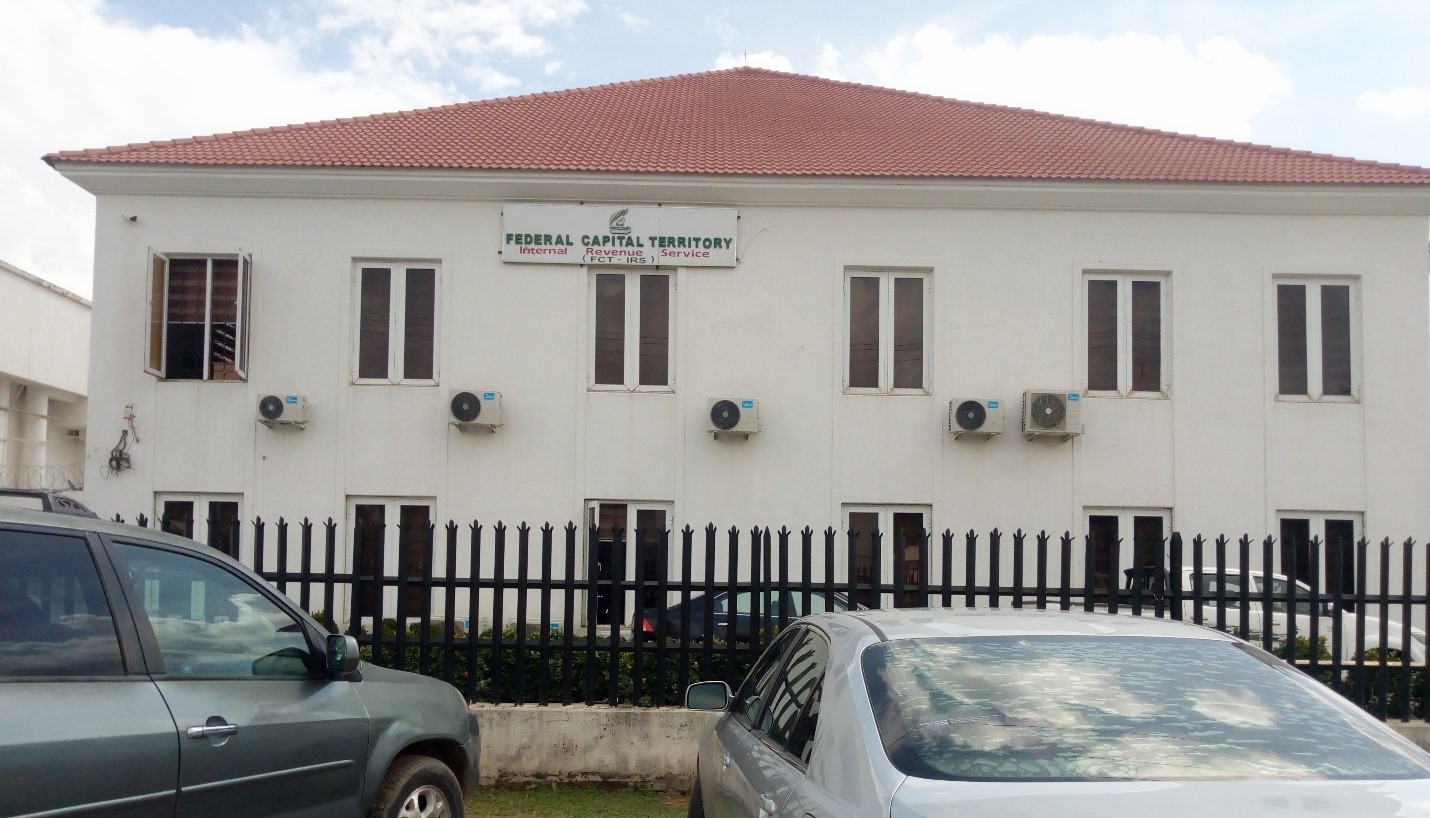The International Monetary Fund (IMF) has asked the Nigerian government to develop a “robust and adequate” framework to tackle cybercrime in the financial sector.
Nigeria’s central bank had, on May 6, directed banks and other financial institutions to implement a 0.5 percent cybersecurity levy on electronic transfers.
The apex bank said the deductions would go to the national cybersecurity fund which would be administered by the office of the national security adviser (ONSA).
If the policy stands, a 0.5 percent charge on a transfer of N1 million would attract a deduction of N5,000 from the sender’s account.
Advertisement
Although there are exemptions, the new policy has raised concerns across the country since it was announced.
Responding to questions on the new levy during a virtual media briefing on the release of Nigeria’s Article IV Consultation staff report on Thursday, Christian Ebeke, IMF’s resident representative for Nigeria, said cybersecurity is a critical issue.
Ebeke said it is something that needs to be taken very seriously because of the potential financial instability repercussions of cybersecurity issues.
Advertisement
For context, Africa is said to be losing $4 billion to cybercrime annually, with a projection that the cost could surge to $12 trillion by next year.
“This is an issue that we take very seriously at the IMF and in fact, our global financial stability report in April highlighted the importance of designing adequate frameworks and adequate regulation to tackle cybersecurity,” he said.
“In the case of Nigeria… I understand that the house of representative voted a motion to basically pause the implementation of this cybersecurity levy that was part of the cybercrime act that was just adopted lately.
“So, we have not discussed this particular issue with the authorities, but as I mentioned, it’s something that is very serious and we encourage the authorities to actually work towards having an adequate framework around cybersecurity and more generally designing something that is robust and sufficiently efficient to tackle this very, very important issue for the financial sector.”
Advertisement
On May 9, the house of representatives asked the Central Bank of Nigeria (CBN) to withdraw its directive on the cybersecurity levy, describing it as “ambiguous”.
Add a comment







